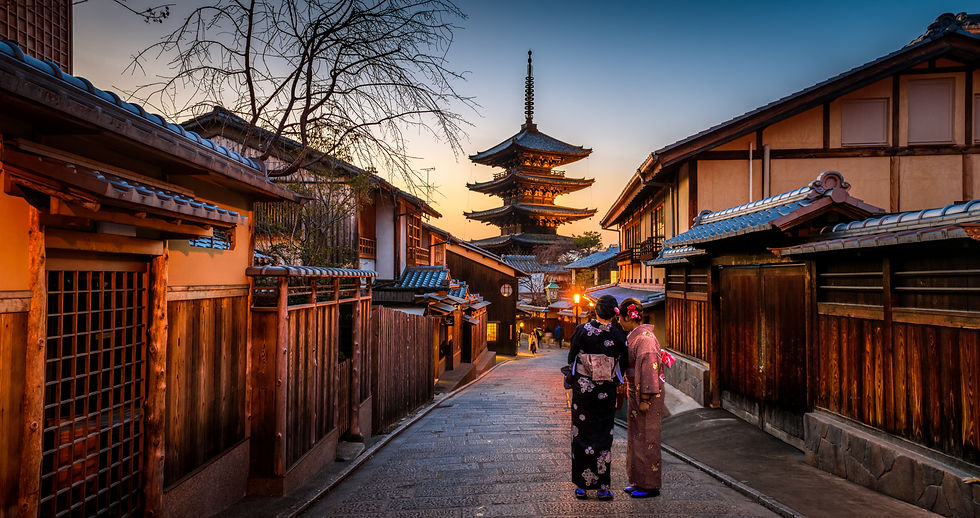
03303 412131

Known globally for the tragic atomic bombing in 1945, Nagasaki has since become a symbol of peace and resilience. The Nagasaki Peace Park and Atomic Bomb Museum are poignant reminders of the past, dedicated to commemorating the victims and advocating for a nuclear-free world. The park features various monuments, including the Peace Statue, and offers a place for reflection and remembrance.
Beyond its wartime history, Nagasaki boasts a rich cultural tapestry due to its status as one of Japan’s few open ports during the country’s period of isolation. This history is evident in the city’s diverse architectural styles and cultural landmarks. The Glover Garden, a beautiful open-air museum, showcases Western-style houses from the Meiji period, reflecting the influence of early European settlers. The Oura Church, the oldest wooden church in Japan, and the Confucian Shrine, the only one built by Chinese outside China, further highlight the city’s multicultural heritage.
Nagasaki's natural beauty and vibrant urban life also make it a compelling destination. The city is surrounded by lush hills and scenic harbours, offering stunning vistas such as the night view from Mount Inasa, which is considered one of the best in Japan. Dejima, a former Dutch trading post turned open-air museum, provides insight into the city’s unique history of international trade. Nagasaki’s culinary scene is equally diverse, featuring local specialties like Champon, a hearty noodle dish influenced by Chinese cuisine, and Shippoku, a fusion of Japanese, Chinese, and Western flavours. Together, these elements make Nagasaki a city that seamlessly weaves together its complex past and vibrant present.
